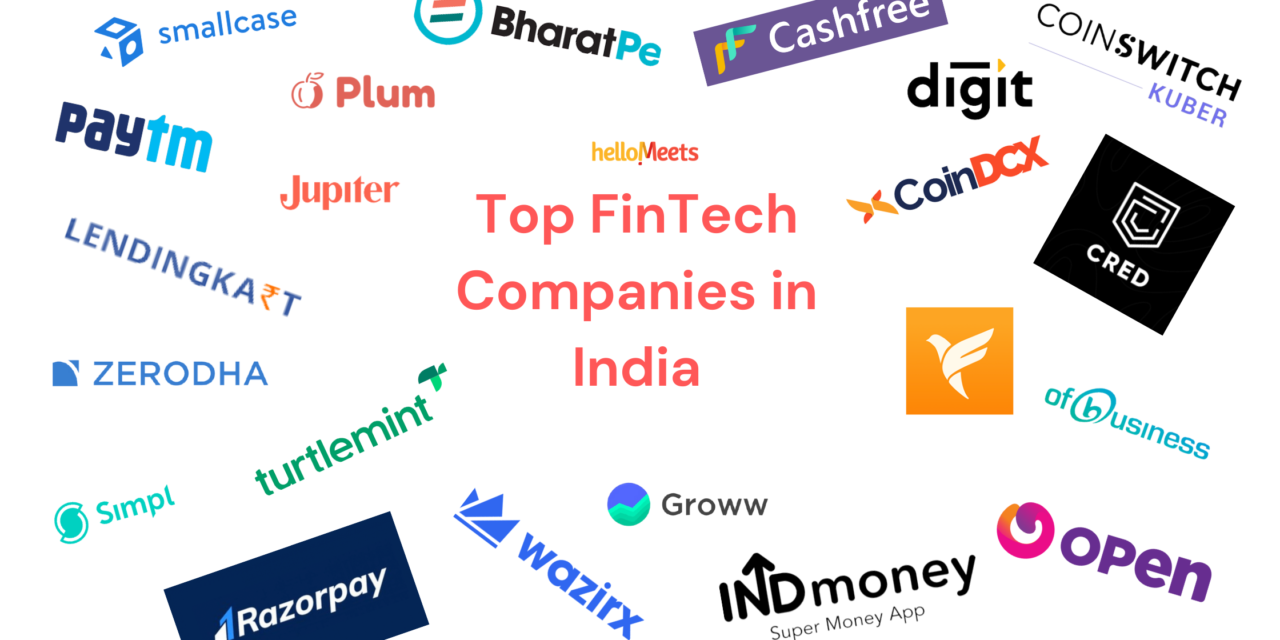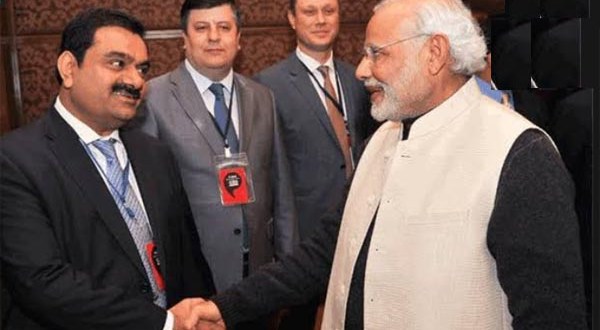Union Minister of State for Skill Development & Entrepreneurship and Electronics & IT Shri Rajeev Chandrasekhar said today in Mumbai that IndiaAI program to be launched later this month will be one of the largest publicly assembled datasets in the world.
He said the IndiaAI program along with Fintech ecosystem will catalyse the next generation of the Fintech and Internet.
Addressing the Moneycontrol India FinTech Conclave in Mumbai, Shri Rajeev Chandrasekhar spoke about the growth of the Fintech ecosystem in India and its role in India’s Techade.
He said that the emergence of India’s fintech ecosystem has helped resolve the decades’ long problem of ensuring government subsidies reach beneficiaries without leakages and intermediation.
Terming the Unified Payments Interface as crucial component of the Fintech ecosystem, he said, “India today has amongst the highest fintech adoption rates in the world at 87 per cent as opposed to the world average of 67 per cent.”
Shri Rajeev Chandrasekhar said, “A single dimensional, digital economy that we inherited in 2014 has become a broad-based, high growth, independent, asynchronous components of the digital economy that are all growing rapidly and creating innovation in their wake.”
He also said that the fintech ecosystem was a shining example of India’s entrepreneurship, India’s confidence and Young Indians’ messaging to the world that we are here to compete and win.
Stressing about the government’s initiatives in providing an enabling framework, the Minister said “All legislations are based on the idea of not creating road bumps for the innovation ecosystem.”
Speaking about the launch of the IndiaAI program, he said, “The program will be one of the largest publicly assembled and available data sets in the world. Working with the fintech ecosystem, it will certainly catapult and catalyse the next generation of fintech and other parts of the Internet.”
The Minister address was followed by an interactive session with members of the editorial staff of Money Control.
“We are definitely going to use AA Framework and this data is going to change the way we do lending.” says DeenaJacob co-founder, CFO, Open
“Before digital lending guidelines came in the industry was confused about how things work and many assumptions were being made. This was the need for the DLG to come in” adds Madhusudan E, Co-founder, CEO, Kreditbee
“We are seeing a shift where public sector banks are trying to partner with NBFCs and that is adding an edge” says Gaurav Kumar, founder, CEO, Yubi. “Complexity on lending needs to be simplified. We need more horizontal business models within fintech which is both inter and intra operabld.” he adds.
The entire confusion or chaos that happened is that we started off when it was an unregulated space and the growth was massive. Then RBI felt that with this massive growth without regulation there could be systemic risk.There are two extreme views in fintech. Whenther fintechs are a challenge to bank… Then it was that whether fintechs are a bubble that will burst… But fintechs will coexist whether with banks or other institutions, they are nimble.” he adds.
“Ecommerce as we see today will cease to become relevant” said T Koshy, CEO, ONDC
“In a few years time, every product or service owner will be able to catalogue it on this open network or ONDC” he said.E-commerce, according to him,will become just one more channel to sell.
– Future is not decades, but years. ONDC will lead to specialised buying applications which will help clients source what is good for them. E-commerce as we know today is going to become irrelevant
“I have a lot more empathy towards founders today” says Nikhil Kumar, co-founder, Setu
“If you are venture capital funded, you are dousing one fire after another throughout the day…The first advice anyone will give to a founder is to survive whether through DPI or a closed system.” he says.









